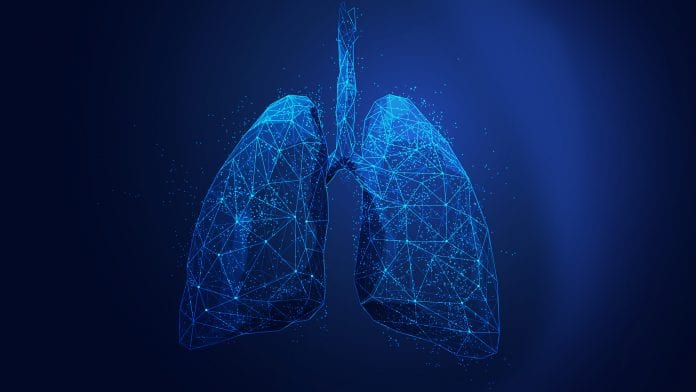
Deep learning Artificial Intelligence (AI) algorithms could be utilised as an unbiased assessment tool to help clinicians with assessing risk of lung cancer.
A new study, published in the American Journal of Respiratory and Critical Care Medicine, indicates that an AI strategy can correctly assess and categorise indeterminate pulmonary nodules (IPNs) found on the lungs.
When compared to the conventional risk models clinicians currently use, the algorithm developed by the team of researchers in a very large dataset (15,693 nodules) reclassified IPNs into low-risk or high-risk categories in over a third of cancers and benign nodules.
Lung cancer is the leading cause of cancer-related death globally and better assessment tools are needed by clinicians at present as screenings for patients at risk for lung cancer increase.
The need for unbiased assessment tools
Currently, computed tomography scans for people at risk for lung cancer lead to earlier diagnoses and improve survival rates, but they can also lead to overtreatment when suspicious nodules turn out to be benign.
With the goal of providing clinicians with an unbiased assessment tool, the researchers developed an algorithm based on datasets from the National Lung Screening Trial, Vanderbilt University Medical Center and Oxford University Hospital.
Pierre Massion, Cornelius Vanderbilt Chair in Medicine at Vanderbilt University, the study’s lead author, said: “These results suggest the potential clinical utility of this deep learning algorithm to revise the probability of cancer among IPNs aiming to decrease invasive procedures and shorten time to diagnosis.”
With IPNs, clinicians are often faced with the dilemma of weighing whether to advise a patient to undergo an invasive surgical procedure, which may be unnecessary, against a watch and wait strategy, which may result in delaying needed cancer treatment.
A definitive diagnosis of an IPN can take up to two years.






















